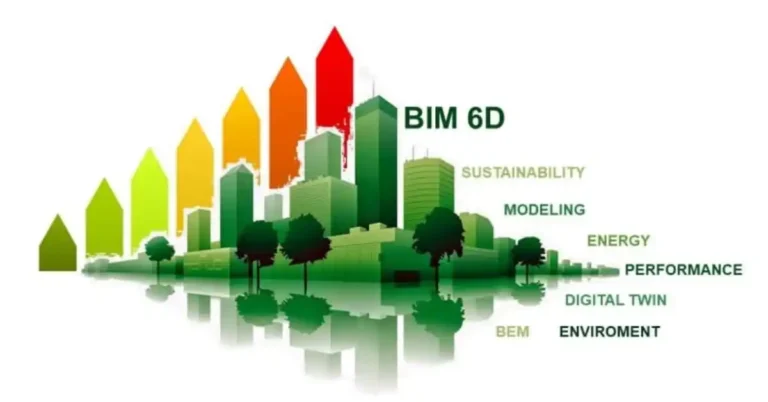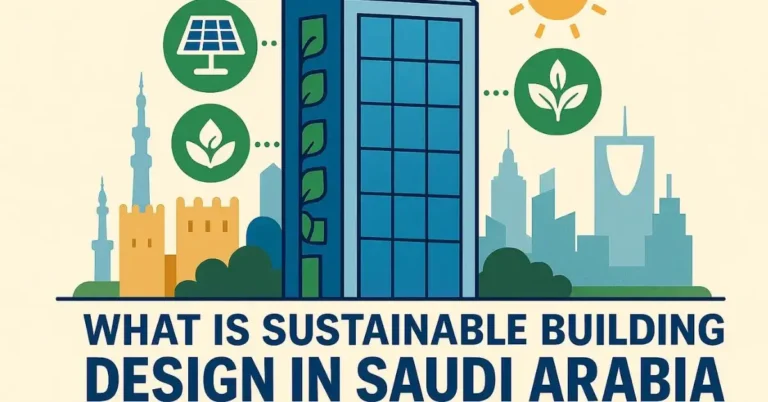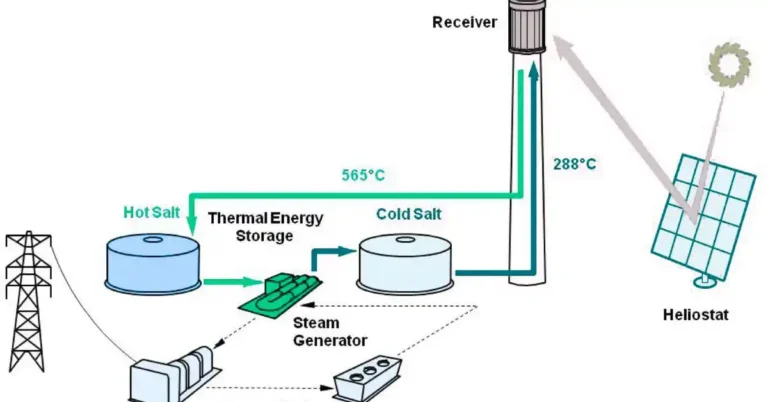Blockchain Technology for Supply Chain Transparency in Sustainable Construction Materials
Blockchain in Sustainable Construction technology has been making headlines in recent years, with its ability to securely store and track data in a decentralized manner. While it is widely known for its role in the financial sector, it has also been gaining traction in other industries, such as supply chain management.
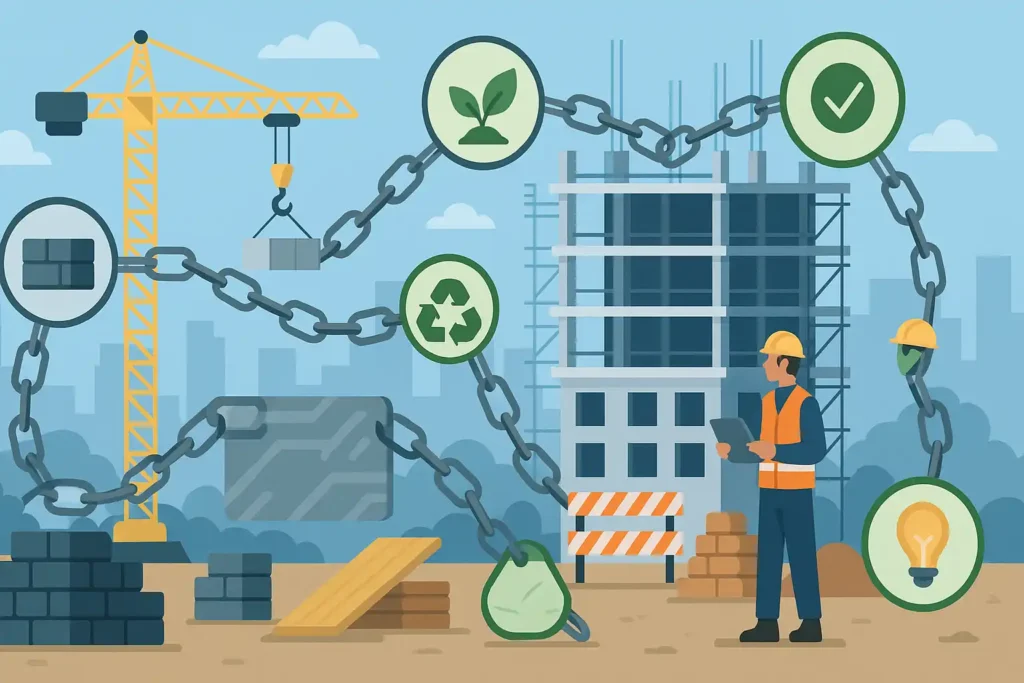
This is particularly relevant in the construction industry, where there is an increasing demand for sustainable building materials and the need for transparency in their supply chain. In this article, we will explore how Blockchain in Sustainable Construction can contribute to achieving supply chain transparency in sustainable construction materials.
Understanding Blockchain in Sustainable Construction Industry
Before delving into how Blockchain in Sustainable Construction technology can improve supply chain transparency, it is essential to understand the complexity of the supply chain in the construction industry. A typical construction project involves multiple parties, including designers, contractors, subcontractors, suppliers, and manufacturers.
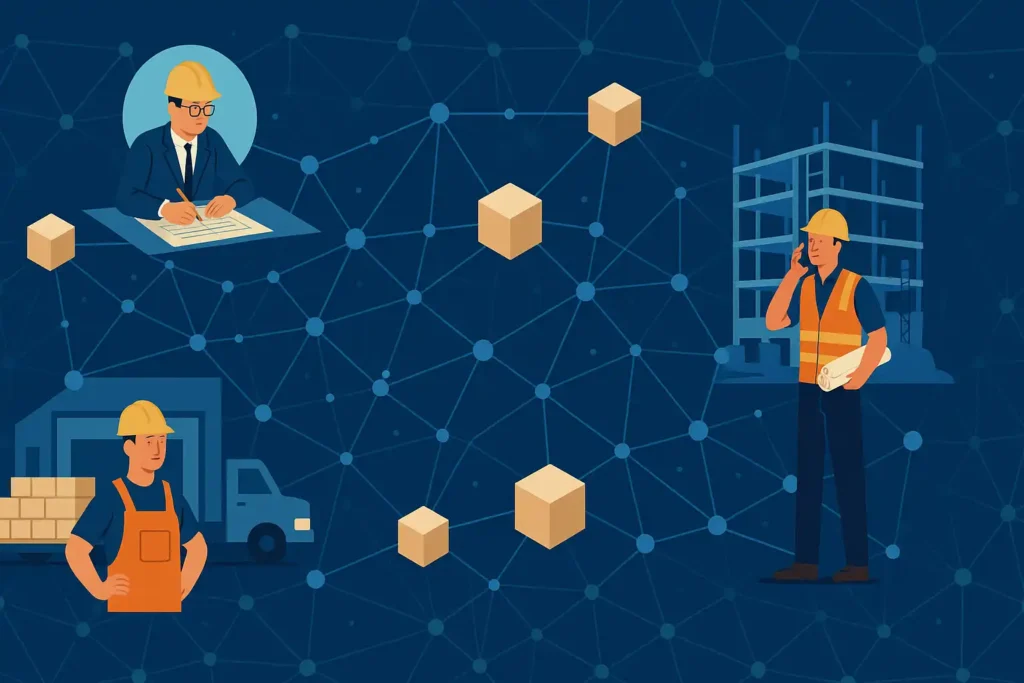
The materials used in construction projects also go through a series of processes, from extraction to manufacturing, transportation, and installation. With so many stakeholders involved, it can be challenging to track the origin, production, and transportation of each material used in a project.
This lack of transparency can lead to several issues, such as environmental and social concerns, fraud, and non-compliance with regulations. For instance, in the past, instances of illegal deforestation for the production of building materials have been reported, leading to environmental degradation and human rights violations.
Hence, there is a growing demand for sustainable materials and a need for a transparent supply chain to ensure ethical and sustainable practices in the construction industry.
How Blockchain in Sustainable Construction Facilitates Supply Chain Transparency
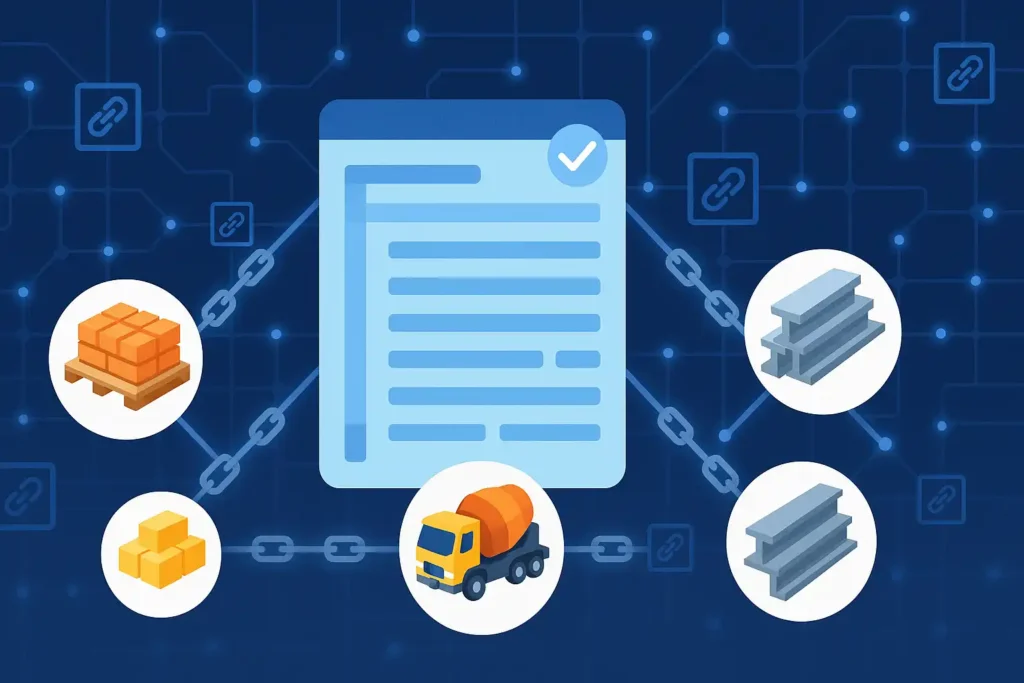
Blockchain in Sustainable Construction technology is a decentralized and distributed digital ledger that records data in a secure and transparent manner. It works by creating blocks of data that are linked and secured using cryptography, making it tamper-proof. This technology has several features that make it suitable for facilitating supply chain transparency in the construction industry.
Immutable Record Keeping
The construction industry involves multiple parties, each with their own ledger and record-keeping process. This can lead to discrepancies and errors, making it challenging to track the origin and movement of materials.
With Blockchain in Sustainable Construction technology, all data is stored in a shared ledger that is immutable and cannot be altered or deleted. This makes it easier to verify records and track the supply chain process, ensuring transparency and accountability.
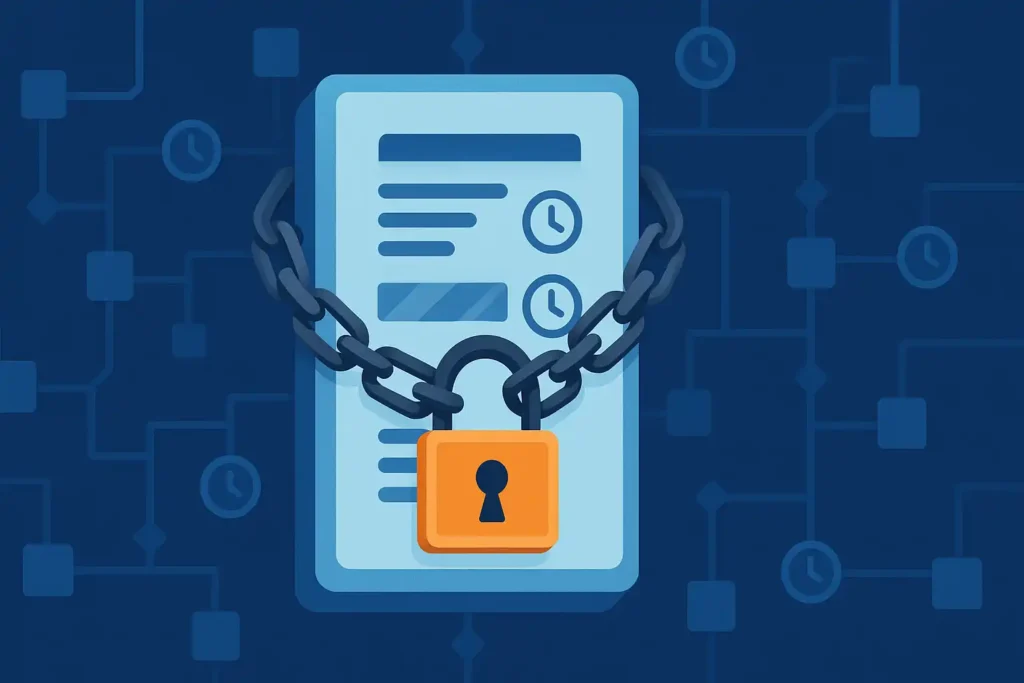
Smart Contracts for Automation
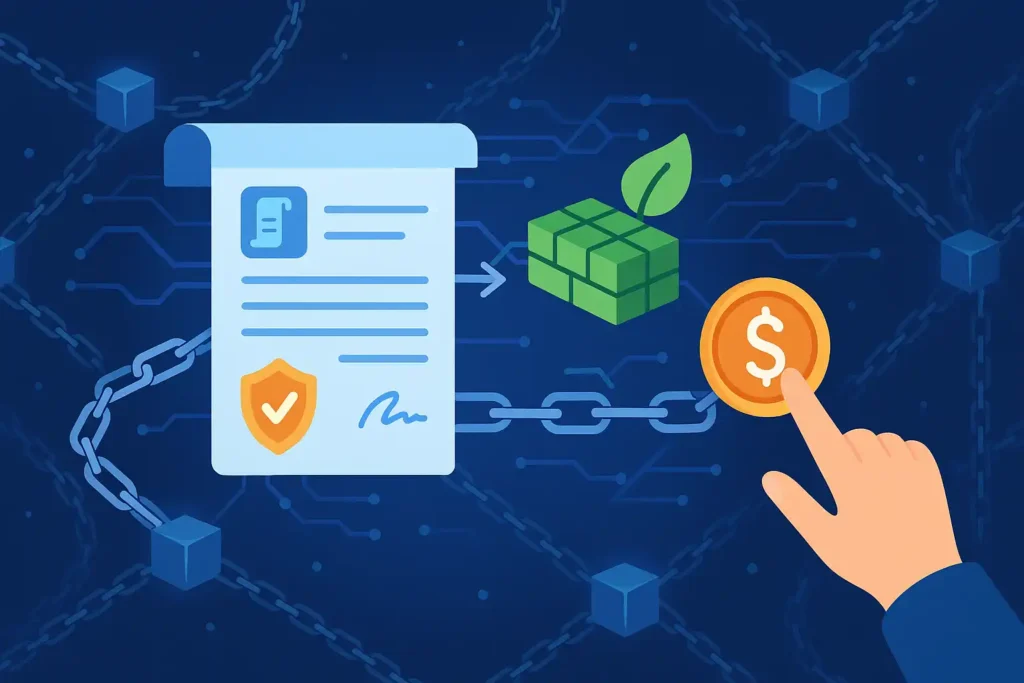
Smart contracts are self-executing contracts with the terms of the agreement between buyer and seller directly written into lines of code. In the construction industry, smart contracts can be used to automate processes such as payments and approvals, reducing the need for intermediaries and minimizing the risk of fraud.
For example, a smart contract can be programmed to release payment to a supplier only when the quality and quantity of materials are verified by the contractor, ensuring transparency and preventing overcharging.
Real-Time Tracking of Materials
The use of Blockchain in Sustainable Construction technology enables real-time tracking of materials from their origin to their destination. Each block contains valuable information about the material, such as its source, production method, and transportation records.
This creates an audit trail that can be traced back to the origins of the material, ensuring transparency and accountability throughout the supply chain process. In case of any issues or recalls, the tracking feature can also help identify the source and resolve the issue promptly.
Data Sharing and Collaboration
Blockchain technology allows for data sharing and collaboration among stakeholders, making it easier to exchange information and track materials through their journey. This feature can help break down silos and improve communication, leading to increased transparency and efficiency in the supply chain process.

For instance, designers can share information about the materials used in their design with contractors and subcontractors, ensuring that the right materials are sourced and used in the construction process.
Blockchain in Sustainable Construction in Action – Real-Life Examples
The use of blockchain technology in the construction industry is still in its nascent stage. However, there are a few successful examples of its implementation in facilitating supply chain transparency in sustainable construction materials.
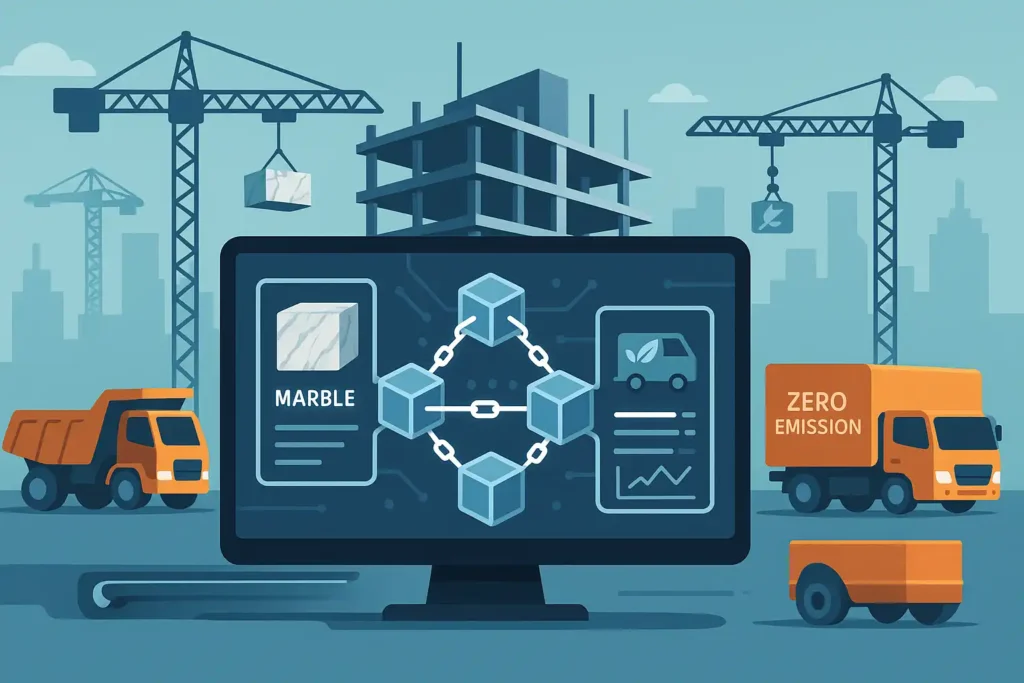
Track & Trace of Italian Building Materials
In 2018, the Italian Ministry of Economic Development launched a blockchain-based platform called “Track & Trace.” Its aim was to track the origin, production, and transportation of Italian building materials such as marble, granite, and ceramic tiles.
The platform requires all materials to have a digital tag, which contains all the necessary information about the material. This includes the manufacturer’s name, material type, and any environmental certifications. This helps ensure transparency in the supply chain and allows consumers to make informed decisions about the materials they use in their projects.
Toyota’s Project Portal Vehicle
In collaboration with its partners, Toyota has developed a project portal vehicle for zero-emission transportation of materials for construction sites. This vehicle uses blockchain technology to record and track data such as speed, distance traveled, and payload capacity.
This information can then be used to optimize routes, monitor the vehicle’s performance, and ensure the timely delivery of materials to the construction site. This technology also promotes transparency by providing a clear overview of the entire transportation process, eliminating the risk of false or inaccurate reporting.
Conclusion
The construction industry is going through a paradigm shift, with an increasing focus on sustainability and transparency in its supply chain. The use of Blockchain in Sustainable Construction technology has the potential to address these demands by providing an efficient, secure, and transparent way of tracking materials.
With its features such as immutable record-keeping, smart contracts, real-time tracking, and data sharing, blockchain can contribute to creating a more sustainable and accountable construction industry. As we continue to embrace the digital age, the use of blockchain technology in supply chain management is set to become the new norm in the construction industry.
Frequently Asked Questions
Q: Will the use of Blockchain in Sustainable Construction affect the cost of sustainable construction materials?
A: While the implementation of Blockchain in Sustainable Construction may initially involve additional costs, it can lead to long-term cost savings by reducing fraud, improving efficiency, and facilitating better decision making.
Q: Can Blockchain in Sustainable Construction technology help prevent the use of counterfeit materials in construction projects?
A: Yes, the immutability of Blockchain in Sustainable Construction records and its real-time tracking feature can help identify and prevent the use of counterfeit materials in projects.
Q: Is Blockchain in Sustainable Construction technology only useful for large-scale construction projects?
A: No, Blockchain in Sustainable Construction technology can be beneficial for construction projects of all sizes, as long as there is a complex and decentralized supply chain involved.
Q: How can blockchain technology promote sustainability in the construction industry?
A: By providing transparent and verifiable information about the materials used in construction, Blockchain in Sustainable Construction technology can help ensure the ethical sourcing and use of sustainable materials.
Q: Are there any challenges in implementing Blockchain in Sustainable Construction technology in the construction industry?
A: Yes, one of the challenges is the lack of standardization and the need for collaboration among stakeholders to create a unified system that can be integrated into existing processes.
